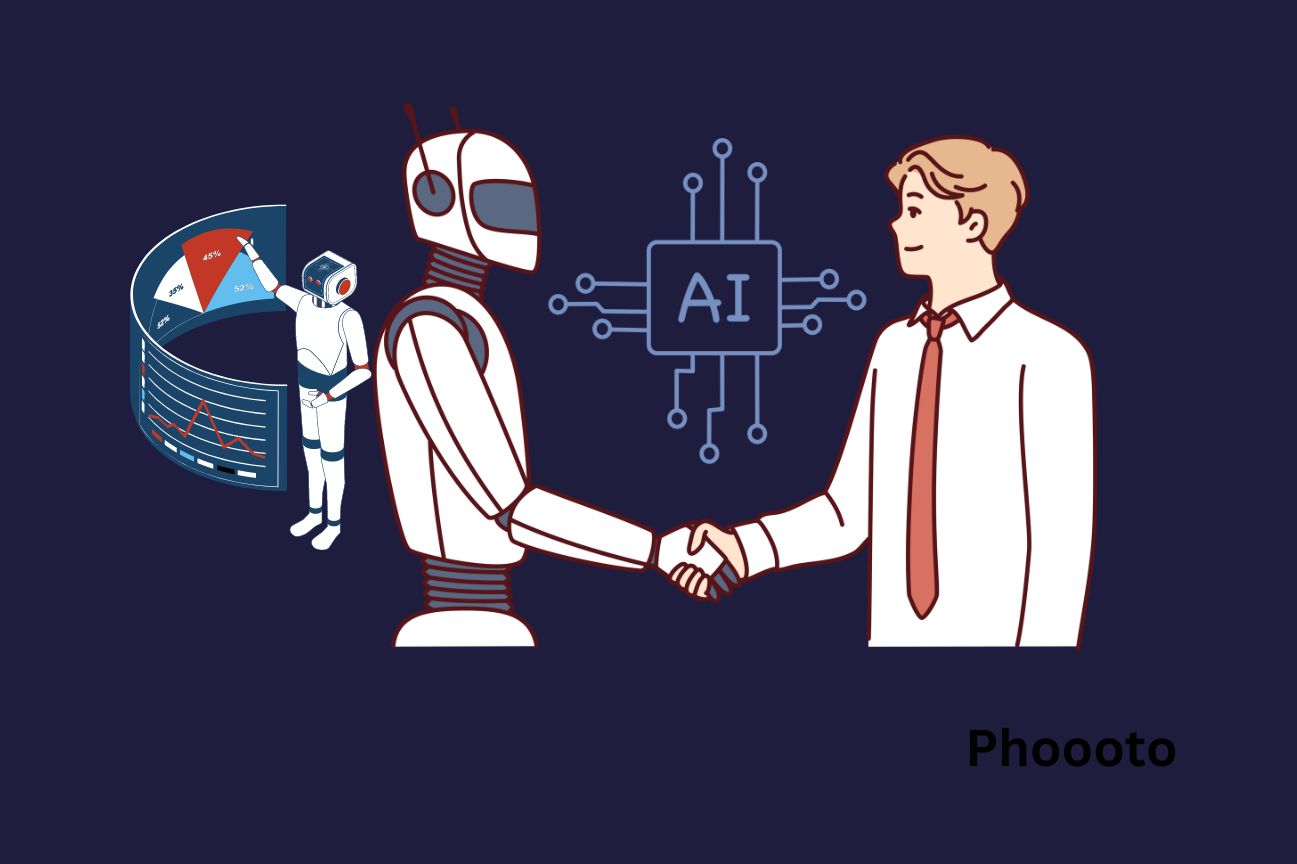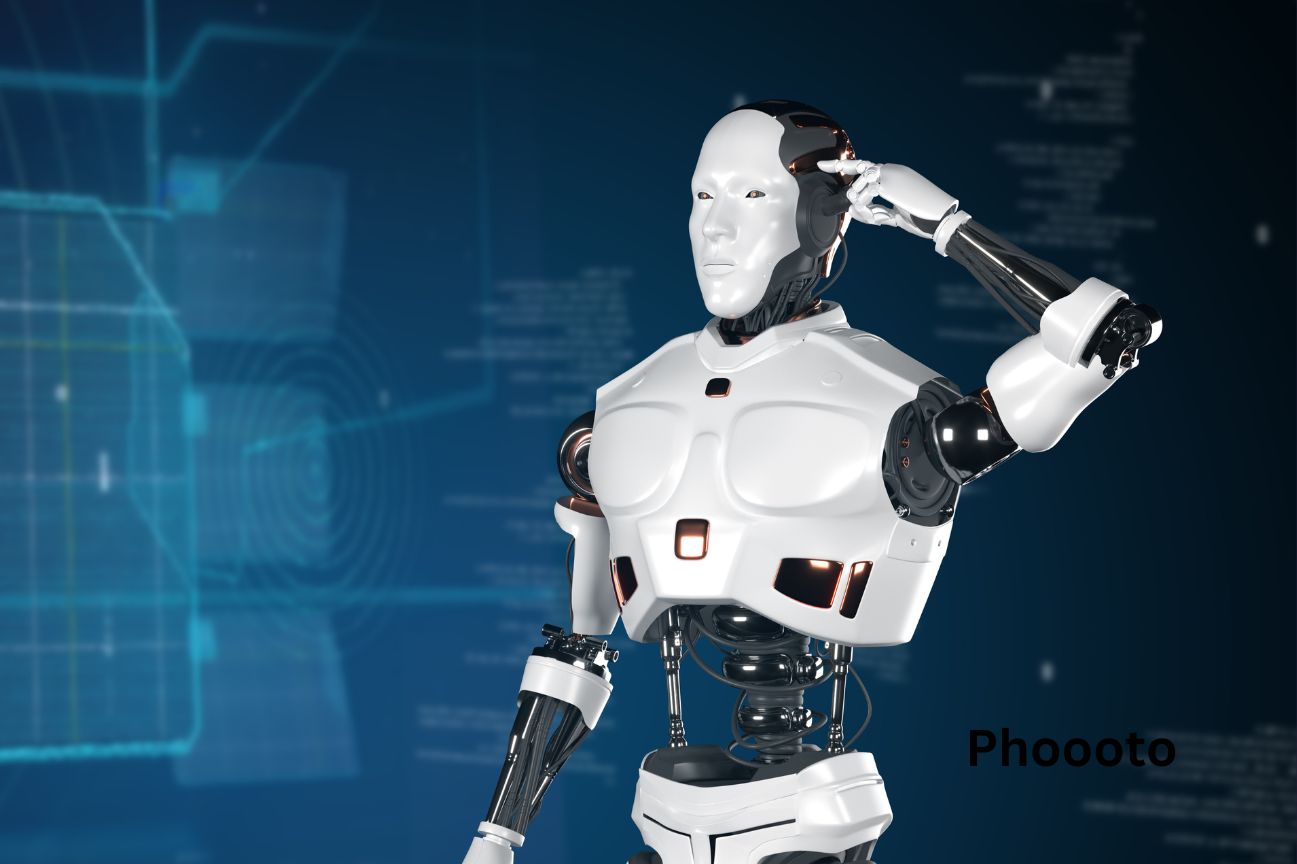Artificial Intelligence (AI) has become a pivotal force in transforming the modern workplace. Defined as the simulation of human intelligence in machines programmed to think and learn, AI is revolutionizing industries by enhancing productivity, efficiency, and decision-making processes. Its relevance is underscored by the rapid technological advancements and the increasing demand for smarter, more efficient business operations.

Historical Context of AI in the Workplace
AI’s journey in the workplace began with simple automation and has evolved into complex intelligent systems. Early AI applications focused on automating repetitive tasks, but significant milestones like the development of machine learning and neural networks have expanded its capabilities. Today, AI is integral to strategic business operations, providing insights and automating complex processes.
Technical Specifications of AI in the Workplace
AI technologies encompass various types, including Narrow AI, designed for specific tasks, and General AI, which aims to perform any intellectual task a human can do. Super AI, though theoretical, represents machines surpassing human intelligence. Core technologies include machine learning algorithms, which enable systems to learn from data, and natural language processing (NLP), which allows for human-like interactions. Robotics and advanced automation technologies also play a crucial role.
Applications of AI in Different Industries
AI in Healthcare
AI is revolutionizing healthcare through predictive analytics, personalized medicine, and automated diagnostics. Tools like IBM Watson assist in diagnosing diseases, while AI algorithms help in developing personalized treatment plans.
AI in Finance
In the finance sector, AI enhances fraud detection, algorithmic trading, and personalized financial services. Machine learning models analyze vast datasets to detect fraudulent activities and make real-time trading decisions.
AI in Manufacturing
AI optimizes manufacturing processes by predicting maintenance needs, enhancing supply chain management, and automating production lines. Robotics powered by AI increase precision and efficiency on the shop floor.
AI in Retail
Retailers leverage AI for inventory management, customer service, and personalized shopping experiences. AI-driven chatbots and recommendation systems improve customer engagement and sales.
AI in Education
AI in education provides personalized learning experiences, automates administrative tasks, and aids in educational content development. Adaptive learning platforms tailor lessons to individual student needs.
AI in Customer Service
AI enhances customer service through chatbots, automated call centers, and sentiment analysis tools. These technologies ensure faster, more accurate responses to customer queries.
Benefits of AI in the Workplace
Increased Efficiency and Productivity
AI automates routine tasks, freeing up employees to focus on strategic activities. This leads to significant productivity gains and operational efficiency.
Cost Reduction
Automation of processes reduces labor costs and minimizes errors, resulting in substantial cost savings for businesses.
Enhanced Decision-Making
AI systems analyze large datasets to provide actionable insights, aiding in more informed decision-making.
Improved Customer Experiences
AI personalizes customer interactions, improving satisfaction and loyalty. Chatbots and recommendation systems ensure timely and relevant customer support.
Workforce Augmentation
AI tools enhance human capabilities, allowing employees to perform tasks more effectively and efficiently.
Challenges and Limitations of AI
Ethical Considerations
The ethical implications of AI, including biases in algorithms and decision-making, pose significant challenges.
Job Displacement Concerns
AI-driven automation can lead to job displacement, raising concerns about the future of employment.
Data Privacy and Security Issues
AI systems rely on vast amounts of data, necessitating robust data privacy and security measures.
Technological Limitations
Despite advancements, AI technologies have limitations, such as understanding context in NLP or making ethical decisions.
Regulatory and Compliance Challenges
Navigating the regulatory landscape and ensuring compliance with AI-related laws is complex and ever-evolving.
Latest Innovations in AI for the Workplace
AI-Driven Collaboration Tools
Tools like Slack’s AI-driven features and Microsoft Teams enhance collaboration through smart recommendations and task automation.
Autonomous Systems and Robotics
Autonomous robots and systems are becoming more prevalent, performing tasks ranging from warehouse management to surgical assistance.
AI in Cybersecurity
AI enhances cybersecurity by detecting and mitigating threats in real-time, ensuring robust protection against cyber-attacks.
AI for Personalized Learning and Development
AI-driven platforms offer personalized training programs, enhancing employee skills and career development.
Innovations in AI-Powered Customer Service
Advanced chatbots and AI-driven support systems provide seamless and efficient customer service experiences.
Future Prospects of AI in the Workplace
Predictions for AI’s Role in the Future Workplace
AI is expected to play an even more integral role, driving innovation and efficiency across all sectors.
Emerging Trends and Technologies
Trends like explainable AI, edge computing, and AI ethics are shaping the future landscape.
The Evolving Relationship Between Humans and AI
Collaboration between humans and AI is set to evolve, with AI augmenting human capabilities rather than replacing them.
Long-Term Impacts on Global Workforce Dynamics
AI will likely redefine job roles and create new opportunities, necessitating a shift in workforce skills and education.
Comparative Analysis of AI Technologies
Comparison with Traditional Automation
AI offers more advanced capabilities compared to traditional automation, including learning and adapting to new situations.
AI vs. Machine Learning vs. Deep Learning
Understanding the distinctions and applications of AI, machine learning, and deep learning is crucial for leveraging these technologies effectively.
Evaluating Different AI Platforms and Tools
Businesses must assess various AI platforms and tools based on their specific needs and objectives.
User Guides and Tutorials for AI in the Workplace
How to Implement AI in Your Organization
Step-by-step guides on integrating AI, from initial assessment to deployment and scaling.
Best Practices for Integrating AI with Existing Systems
Tips on ensuring seamless integration and maximizing the benefits of AI.
AI Training and Upskilling for Employees
Programs and resources for training employees to work alongside AI and enhance their skills.
Conclusion
AI is undeniably transforming the modern workplace, offering unprecedented opportunities for efficiency, productivity, and innovation. As we navigate the evolving landscape of AI, it is crucial for businesses to stay informed and proactive in leveraging these technologies to remain competitive and drive future growth.

